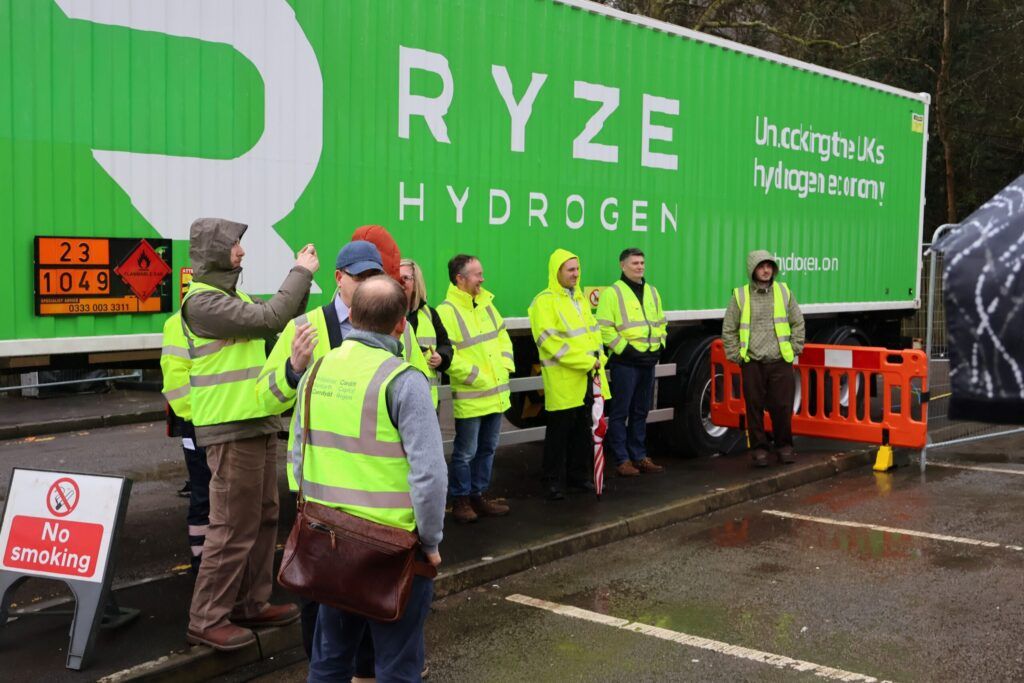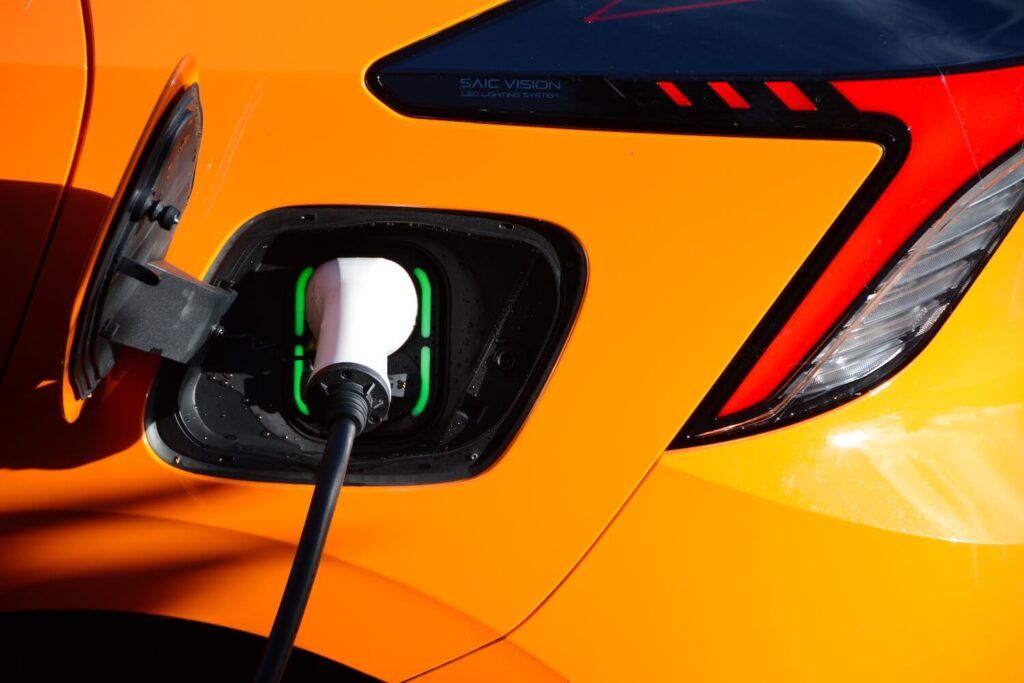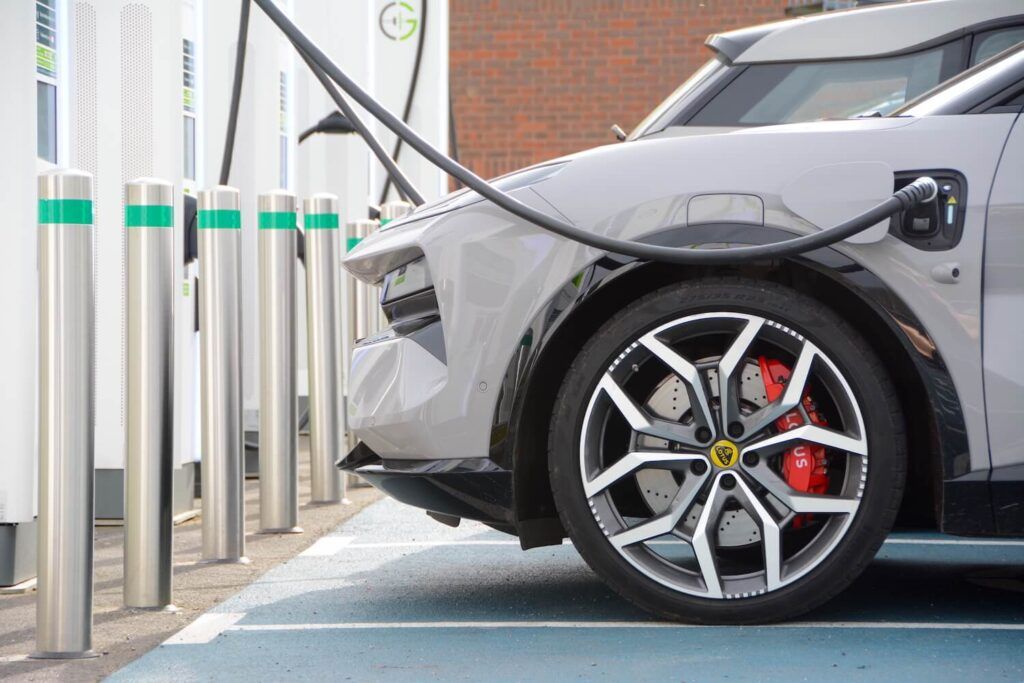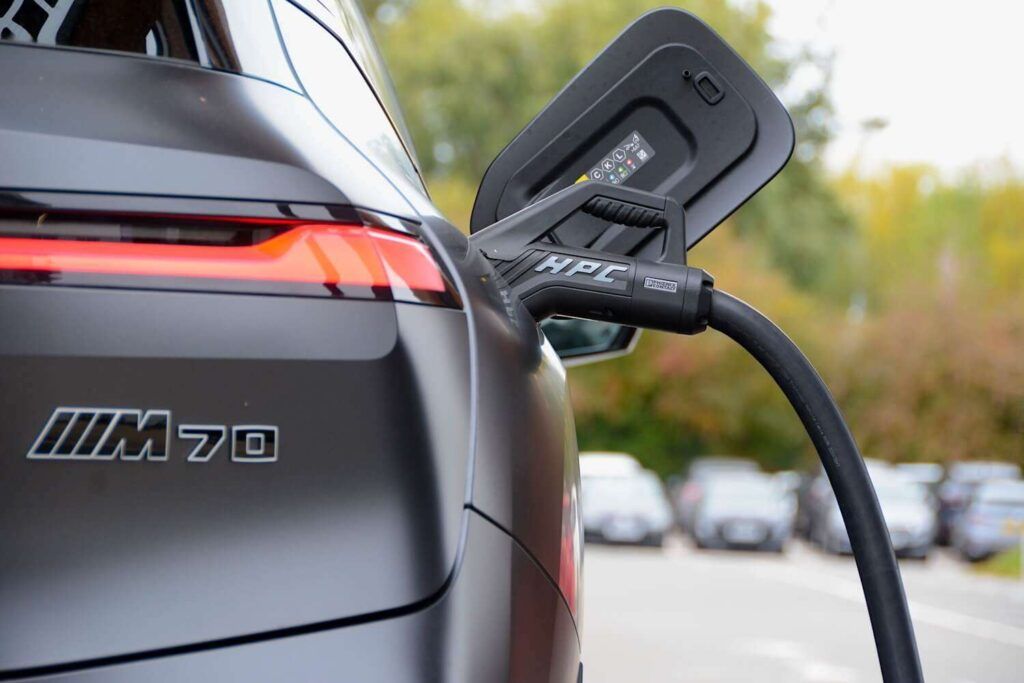Organisations and investors spearheading the roll out of EV charging infrastructure have issued a coordinated call on the UK Government to urgently recommit to existing EV sales targets.
The unprecedented joint warning from BEAMA, ChargeUK, REA and UKSIF urges the Government not to water down the commitment for vehicle manufacturers to sell a minimum of 22% zero emission vehicles in 2024, rising to 80% in 2030 and 100% in 2035.
The organisations represent UK charge point operators, manufacturers, service providers, and the companies responsible for all associated infrastructure for grid connection and metering, as well as the industry’s investors.
A public confirmation by Government that EV sales targets will remain unchanged is needed for private investors to fund rapid rollout of charging infrastructure, and to reassure consumers that their next vehicle should be zero emission, they said. It also highlighted how the new government has spotlighted low carbon industries as among the core drivers of UK economic growth in its Industrial Strategy Green Paper.
After the Prime Minister reiterated during his recent visit to the Gulf that securing economic growth is the pre-eminent mission of his Government, it would be “inconsistent to inject further market uncertainty discouraging investment in the low carbon vehicles and infrastructure”, they said.
It comes as one in four cars sold in November were fully electric and secondhand EV sales are also rising. As a whole, the UK automotive industry is exceeding its 22% ZEV sales target for the year.
But more than half (57%) of the 100 largest UK transport companies, representing £900bn in turnover, have moved or plan on moving investments out of the UK to a market that is more supportive of their sustainability goals. Furthermore, BEAMA’s Market Pulse tracking the manufacturing supply chain for electrical infrastructure, demonstrates a fall in positivity for investment intentions for the next 12 months in Q3 2024.
Yselkla Farmer, CEO of BEAMA said:
“We cannot underestimate the impact moving the goal posts again could have on UK investment and pace of electrification. We recently published our plans for a UK Industrial Strategy which makes a strong case for the growth opportunities stemming from this sector. A decision to back track on the ZEV mandate will be entirely counter to the UK’s longer term ambition to drive inward investment for manufacturing.”
Vicky Read, CEO of ChargeUK said:
“The ZEV Mandate is working. More and more new and used EVs are being sold as drivers embrace the switch to electric vehicles. ChargeUK members are keeping ahead of demand by rolling out the infrastructure to ensure drivers have access to the right charging solution in the right place.
“But this hasn’t happened by accident, our members have been able to put in the hard work confident the Government backed their efforts. We need ministers to reconfirm that they will stand by the current ZEV mandate or they risk fatally spooking the very investors they say they are so keen to attract to the UK.”
Trevor Hutchings, CEO of the REA, said:
“The Government will not achieve its legally binding net zero targets without decarbonising transport. Electric vehicles (EVs) are essential to this so watering down sales targets would be an own goal.
“It would also put at risk investment and jobs at the very time when we’re in a global race to secure manufacturing in these technologies. Instead, the Government should focus on encouraging further consumer uptake rather than shifting the goal posts.”
James Alexander CEO of UKSIF said:
“Investors including many of the UK’s largest pension funds have made significant investments into EVs and charging infrastructure based on the ZEV mandate and the long-term confidence it gave them. Data from the National Audit Office released only days ago shows that those investments have just about put the UK on track to install sufficient charging points by 2030.
“But policy wavering risks undermining that confidence, which would be very hard to recover from. Meanwhile the lack of a long-term sector decarbonisation plan for UK transport is stalling further private investment and risks widening the gap between our emissions targets and our trajectory. Private finance is ready and waiting to finance electric vehicles and charge points, but other geographies are doing a better job of providing a transparent, consistent policy approach, and the UK risks losing out.”
Image from Shutterstock












